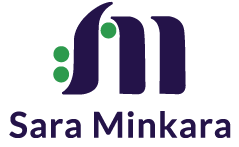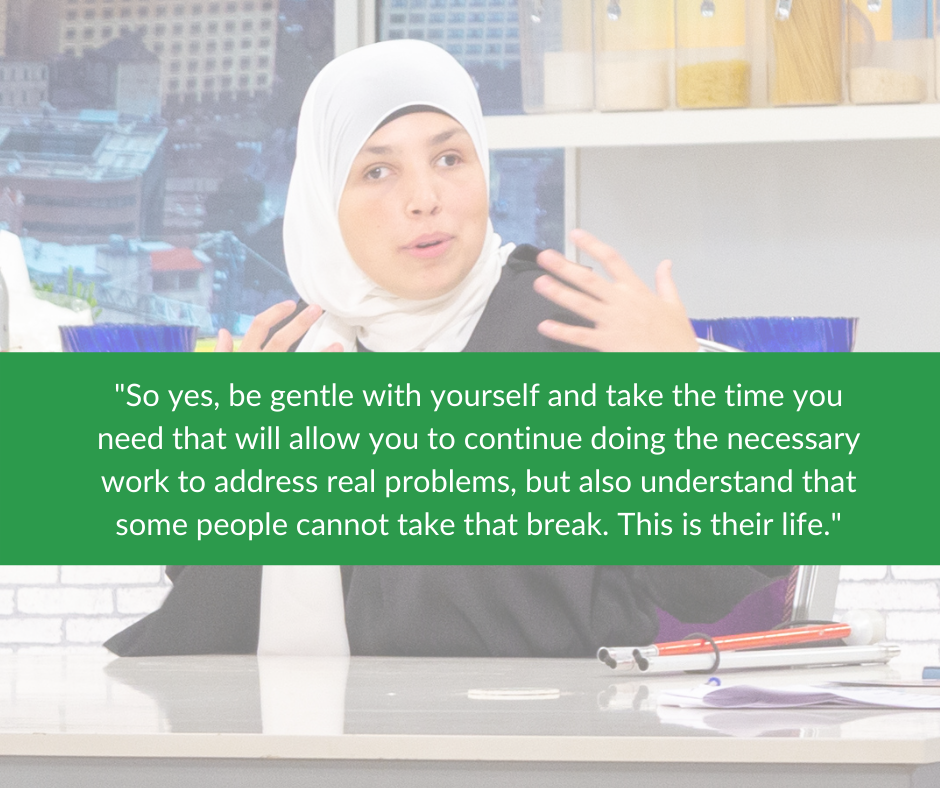Diversity Fatigue: Taking Tired to a Whole New Level
For most of us, 2020 was difficult. Some might even call it a disaster. By halfway through 2021, people are exhausted and burned out from navigating everyday challenges and systemic landmines. At any time, our personal outlook will necessarily be influenced by our experiences and those of our loved ones 𐆑 what happens in our homes, our communities, and the world around us. In 2020 and 2021, these experiences have been heavily impacted by the pandemic, climate change, racism, political and power and wealth disparities. From George Floyd’s murder and the protests following to environmental disasters and covid’s toll, recent events have illuminated the holes in our foundation and taken an emotional toll. So much information is negative or overwhelming that many of us are avoiding the news entirely as a means of self-preservation.
The American Psychology Association describes this response as compassion fatigue. Compassion fatigue occurs when we “take on the suffering of [others] who have experienced extreme stress or trauma.” This is common among first responders, social workers, doctors, and others who directly experience or share in the burden of severe emotional trauma. Technology, and in particular social media, has the ability to create and enhance interconnectedness among people. But in addition to the many other flaws this technology presents, with so much information spreading at the speed of an internet connection, it has become increasingly difficult to limit the content we consume and its effects. Along with the spread of information, compassion fatigue is also proliferating. And from compassion fatigue, a new variant has emerged: “diversity fatigue.”
According to Forbes, “Diversity fatigue can be thought of as a feeling of exhaustion in regard to diversity and inclusion issues.” As with compassion fatigue, diversity fatigue sets in as a sort of shield to protect against the overwhelming onslaught of discussion and details about diversity and inclusion. In the case of both compassion and diversity fatigue, the ability to take a break from that information as a form of self-care can and should be recognized as a privilege. A refugee or hurricane evacuee can no more choose to take a break from their circumstances due to exhaustion than a black or transgender individual can elect to not be black or transgender for respite from bias or violence.
Yet compassion fatigue is real. Diversity fatigue is real. Let’s acknowledge that, while also acknowledging that allowing yourself a restorative pause is a privilege not available to everyone. So yes, be gentle with yourself and take the time you need that will allow you to continue doing the necessary work to address real problems, but also understand that some people cannot take that break. This is their life. And next comes an important decision: do you commit to being an ally? In a sense, being an ally is simple. It is a commitment to recognize your privilege, and to use that privilege in another’s stead. And those who don’t have the opportunity to take breaks from diversity fatigue are in particular need of allies. Instead of substituting your own ideas for how to best help, listen and hear directly from those you are standing with. Approach them with, and allow yourself, compassion and curiosity in this endeavor. Of course, there are ways to take this further, but genuinely listening is a solid first step.
We all have a front row seat to how significantly our world is changing. And we all have the opportunity to influence how it changes. Let’s press on, and support each other through the challenges. I believe we are on the verge of an inclusive paradigm shift. Inclusion for all is and always will be a value for everyone.


